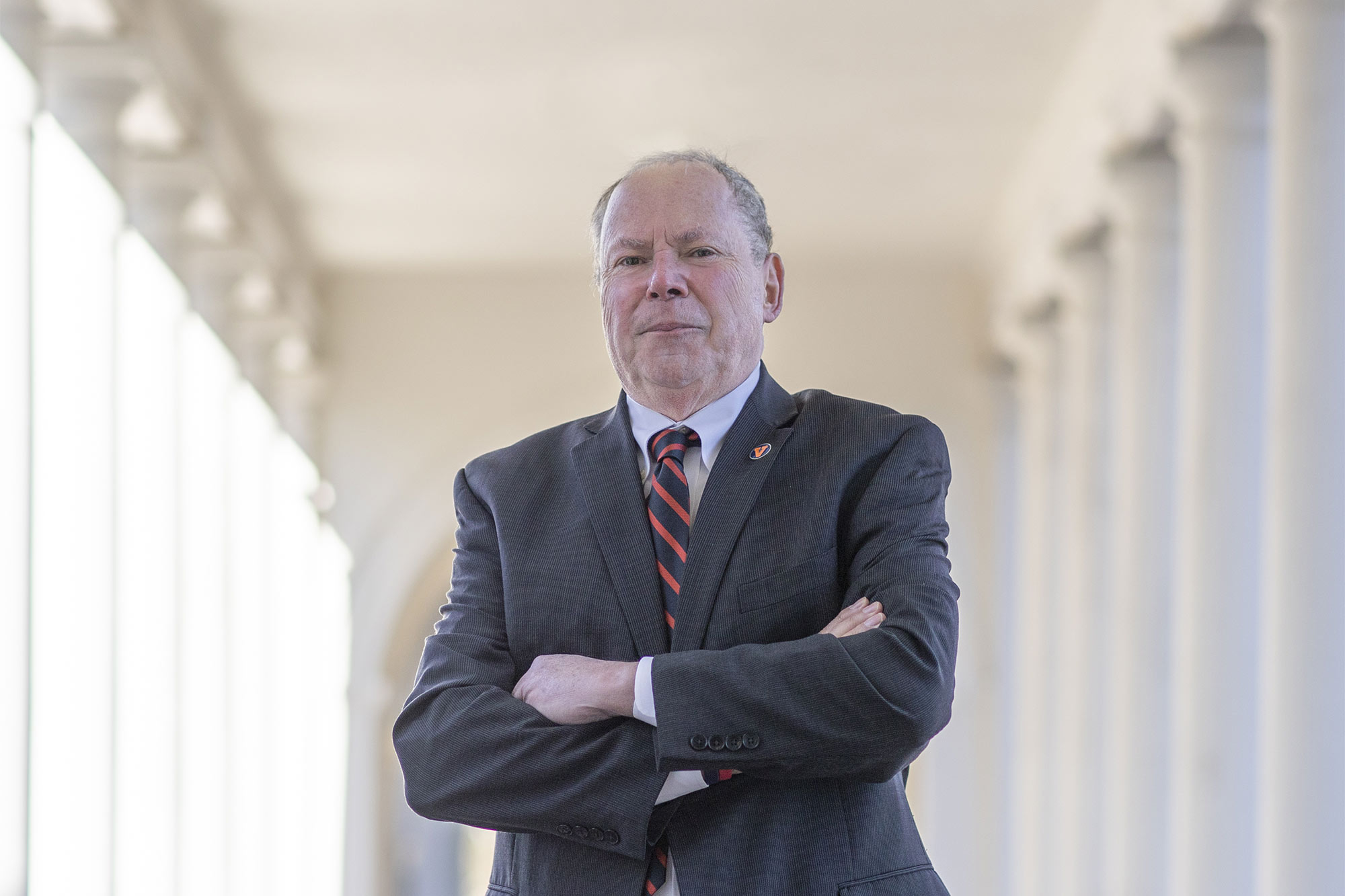In just three years, the White House will require all papers describing federally funded research to be made available to the public without charge. This major shift, decades in the making, means the public will no longer have to pay twice for federal research – once to fund it, and again to see the outcome of it.
Goodbye, paywalls.
Through the University of Virginia Library and the School of Data Science, University researchers have been championing this idea – sometimes called “open scholarship” – for decades, believing research funded by the public should benefit the public, and more important, be available to the public right away.
“This announcement,” UVA President Jim Ryan said of the news from the White House, “aligns well with the history of the University of Virginia. Not only did Thomas Jefferson found the University of Virginia, but he also introduced a ‘Bill for the More General Diffusion of Knowledge,’ which was presented to the Virginia legislature in 1779 and laid the groundwork for free public education in the U.S. Given this legacy and as a public university, we are delighted by this development.
“Ahead of White House announcement we had already formed a Universitywide Open Scholarship Working Group to educate our community on the value and the resources needed to further the mission of open scholarship,” Ryan said.






